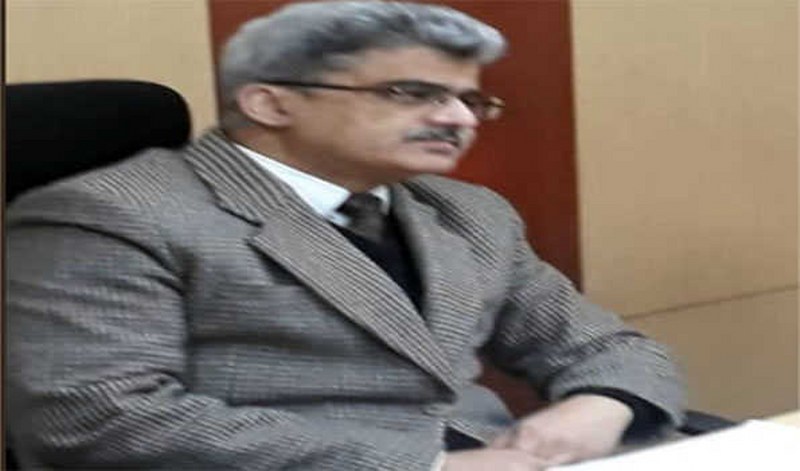Jammu and Kashmir Govt to invest in MAPs on 5000 kanals of land spread across 28 clusters

Jammu: Announcing a groundbreaking new project that promises to change the landscape of Medicinal and Aromatic Plant (MAP) cultivation in the Union Territory, the Jammu and Kashmir Government with a budget of Rs 62 crores, aims at five-year project to cultivate MAPs on 5000 kanals of land spread across 28 clusters, creating over 3000 jobs and 28 enterprises.
Financial Commissioner (Additional Chief Secretary), Agriculture Production Department, Atal Dulloo on Friday said the MAP sector is estimated to contribute Rs 75 crores every year after five years which will rise to over 783 crores by the year 2037.
“This project marks a significant transition from traditional, wild extraction-based practices to a more sustainable, modern approach to MAP cultivation, conservation, and entrepreneurship,” said Dulloo.
He added that the mission of this project is to achieve commercial production of MAPs outside of forests, promote organic farming, develop local and international markets, and advance scientific knowledge through insightful research.
“The project aims to promote cultivation and conservation of MAPs, promote organic farming and standardization, provide special facilities for primary processing, preserve intellectual property rights, educate cultivators on the best practices, and undertake research to develop new herbal formulations and drugs,” said the Additional Chief Secretary.
He said, “There are a number of MAPs that are unique to our agro-climate and offer immense potential for employment and exports. The demand for herbal drugs and cosmetics is growing both domestically and internationally while MAPs extracted from forests put pressure on biodiversity and has put many plant species on the verge of extinction.”
Dulloo added that J&K has 129 ha of cultivable wasteland of which only 2 per cent will be used for MAP cultivation, adding, “additionally, farmers who adopt MAP cultivation can expect to see a 30-40 percent increase in their agricultural income.”
“Promotion of commercial cultivation of medicinal and aromatic plants” is one among the 29 projects, which were approved by the Jammu and Kashmir administration after being recommended by the UT Level Apex Committee for holistic development of Agriculture and Allied Sectors in UT of J&K.
The prestigious committee is headed by Dr Mangala Rai, Former DG ICAR and has other luminaries in the field of Agriculture, Planning, Statistics and Administration like Ashok Dalwai, CEO NRAA, Dr. P. K Joshi, Secretary, NAAS, Dr. Prabhat Kumar, Horticulture Commissioner MOA and FW, Dr. H. S Gupta, Former Director, IARI, Atal Dulloo Financial Commissioner apart from the Vice Chancellors of the twin Agriculture Universities of the Union Territory.
Upon identification of potential areas for MAP cultivation, he said the project will undertake establishment of MAP germplasm banks while harvesting and post-harvest management will be facilitated through the formation of farmer cluster groups and the creation of common facilitation centers (CFCs) for primary processing.
“The branding and marketing aspect of the project will involve product diversification, certification of produce, and branding, labelling, and packaging. Capacity building and training will be provided in good agricultural and harvesting practices, primary processing, and marketing,” he maintained.
Under the research and development component of the project there will be establishment of a “Centre of Excellence on Herbal Technology” for focused research and development on bioprospecting, crop improvement, organic farming, and more, Dulloo added.
He said the MAP sector involves a wide range of stakeholders, including industry, entrepreneurs, farmers, collectors, and traditional healers, adding, “to implement the interventions, the project will prioritize species-specific zones, form farmer cluster groups, establish model nurseries and demonstration units, provide capacity building programs, and link farmer groups with industries for product development and digital marketing.”
“In conclusion, this project represents a major step forward for the medicinal and aromatic plant sector in Jammu and Kashmir and offers tremendous potential for employment, income generation, and sustainable development. With a focus on cultivation, conservation, and entrepreneurship, this project promises to bring the MAP sector into the 21st century and secure its place as a key player in the national and international markets for herbal drugs and cosmetics,” said the ACS.
(With UNI inputs)




